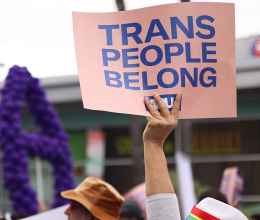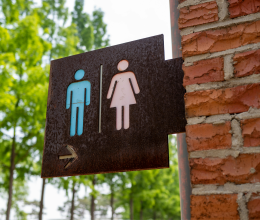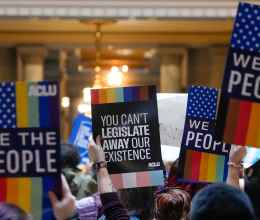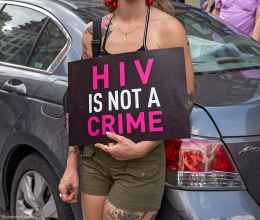
Prompted by the U.S. Supreme Court’s decision in the ACLU’s case on behalf of Edie Windsor that struck down the heart of the Defense of Marriage Act (DOMA), the law prohibiting the federal government from recognizing marriages of same-sex couples, more than 20 courts have issued rulings against similar state prohibitions.
Last week, Monroe County Circuit Court Judge Luis M. Garcia declared part of Florida’s ban unconstitutional. More cases are in the pipeline, including the ACLU’s case in federal court seeking what Judge Garcia’s opinion does not address: recognition of marriages performed in other states.
The flurry of activity across the country involves battles over the meaning of the due process and equal protection clauses of the Fourteenth Amendment — added to the Constitution after the Civil War to prevent states from depriving any person of fundamental rights.
But other questions about democracy are posed by the revolution in legal rights for lesbians and gays in which our nation is now enveloped: How much longer are we required to endure the biases and prejudices enshrined in our laws?
Until the U.S. Supreme Court struck down Virginia’s ban on interracial marriage almost 50 years ago in another landmark ACLU victory, such marriages were against the law in many states. The Supreme Court reaffirmed the longstanding principle that, in a constitutional democracy, “fundamental rights may not be submitted to vote; they depend on the outcome of no election.”
Having constitutional principles means that neither a vote of the Legislature nor a vote of the people can deny equal treatment to a minority.
Promoters of the marriage ban bristle at the charge of prejudice and bias. Because animus toward a minority, as the Supreme Court has long recognized, is an impermissible basis for public policy, anti-marriage proponents mask their animus behind the claim that the ban defends the people’s vote to “protect” traditional marriage, encourages procreation and fosters a better environment for the rearing of children.
Ironically, the ferocity and absurdity by which the leaders of the anti-marriage movement argued that their hands were clean of animus established for Judge Garcia that the ban was in fact motivated by bias against gays and lesbians.
We celebrate Judge Garcia’s decision — for the plaintiff-couple, Aaron and William, and other couples (and their families) that will benefit, and because this court protected the rights of a minority against what Alexis de Tocqueville called “the tyranny of the majority.”
The freedom to marry is coming to Florida. But the road to get there goes through the U.S. Supreme Court — and we will be back there soon.
This piece appeared as an op-ed in multiple newspapers throughout Florida.






